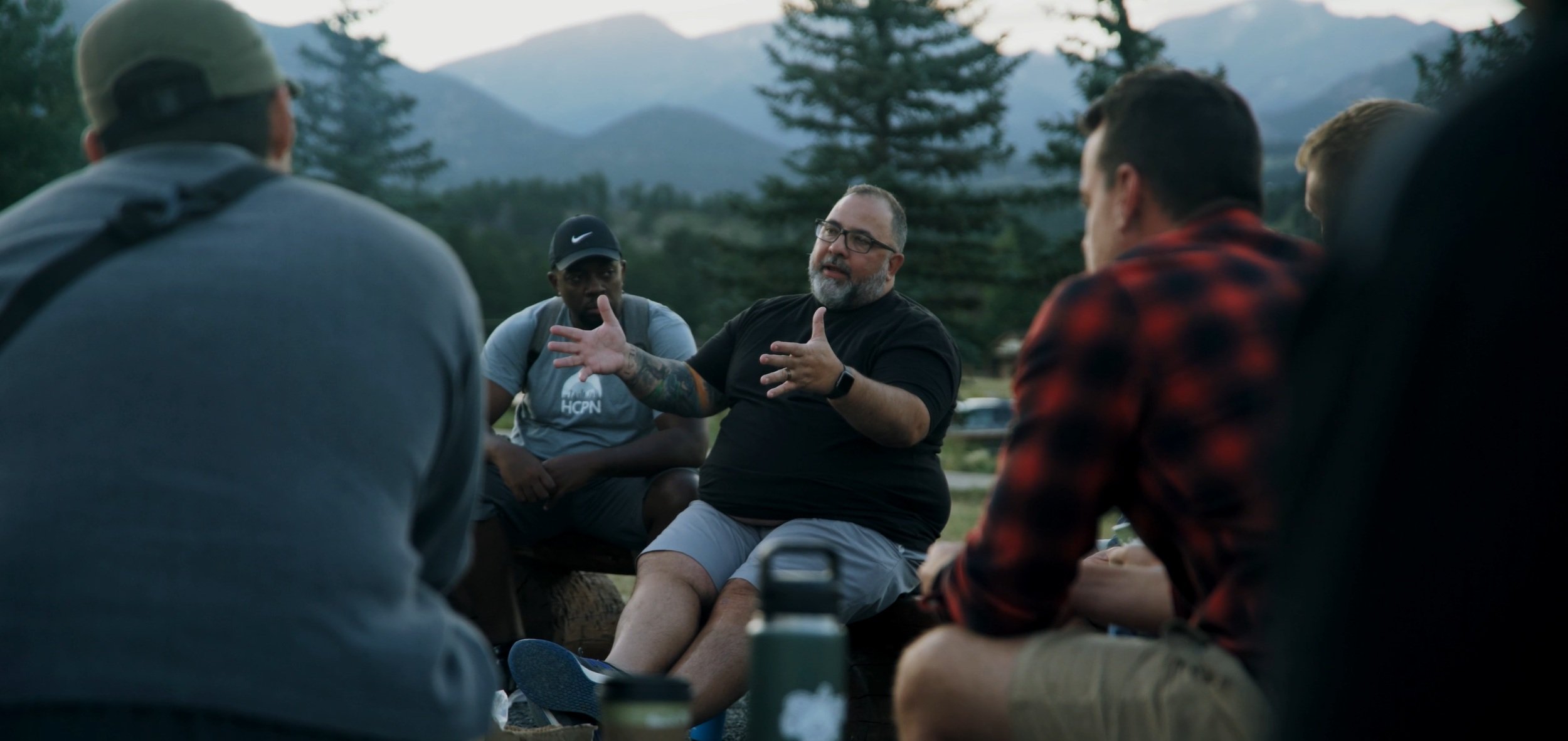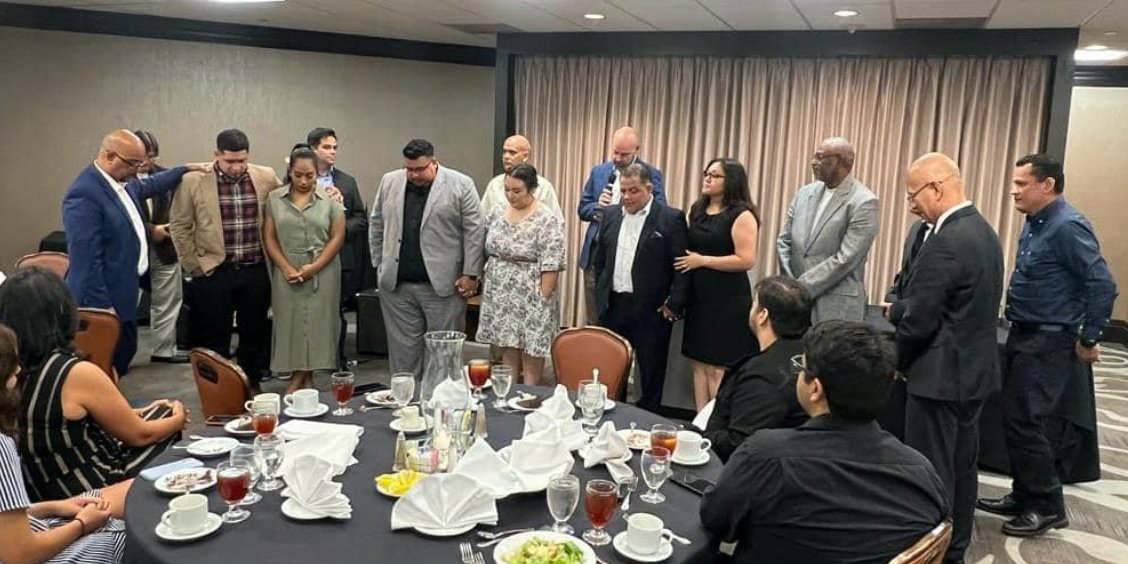
Insights from in and around the association
UBA Voices
Building Bridges: Sharing the Gospel with Sikhs
Share Christ’s love with Sikh people in a way that speaks to their heart.
What Every Christian Should Know about Ramadan
This time of year is the Ramadan season. It is a special time for Muslims around the world to fast and pray. Right now, even the most nominal Muslims focus on their spirituality. It presents a unique opportunity for Christians to share the gospel with Muslims if only we knew how.
3 Ways to Share the Gospel with Children
What do we miss when most of our evangelism training is geared toward adults?
A Simple Way to Share Our Faith
Starting the conversation can be hard, but here’s one easy way to share your faith today.
Entrenar y Enver Juntos: Un Movimiento del Evangelio siguiendo el modelo de Antioquia
Si una iglesia pequeña puede enviar por medio de la colaboración, estoy seguro de que su iglesia también puede.
Centering on the Margins
Church leaders would do well to ask “What types of people live in our community but don’t come to our church?” Centering in these margins can help reach otherwise invisible people.
Book Notes: Love Where You Live
Cris Alley reviews Shauna Pilgreen’s “Love Where You Live.”
5 Ministries that Benefit from Apologetics and How to Get Started
As a follow-up on why apologetics is important and how to incorporate it into the life of the church, here are five specific people and ministries of the local church that could benefit from apologetics.
Sharing the Gospel Cross-Culturally: You Don't Have to Be an Expert
As you enter a new culture or begin sharing the gospel with someone of a different religion, observe and listen to them. Learn what they actually believe, not just what the books say they believe. You can build bridges to the gospel without having to be an expert on their culture or religion.










